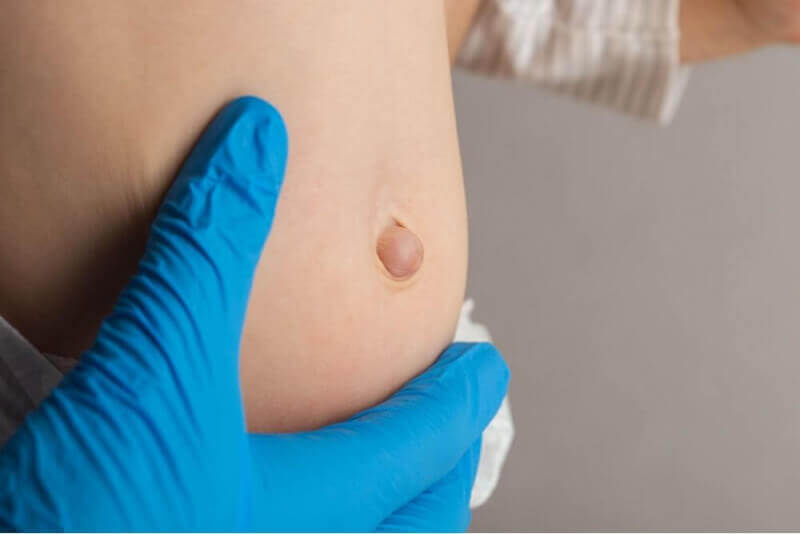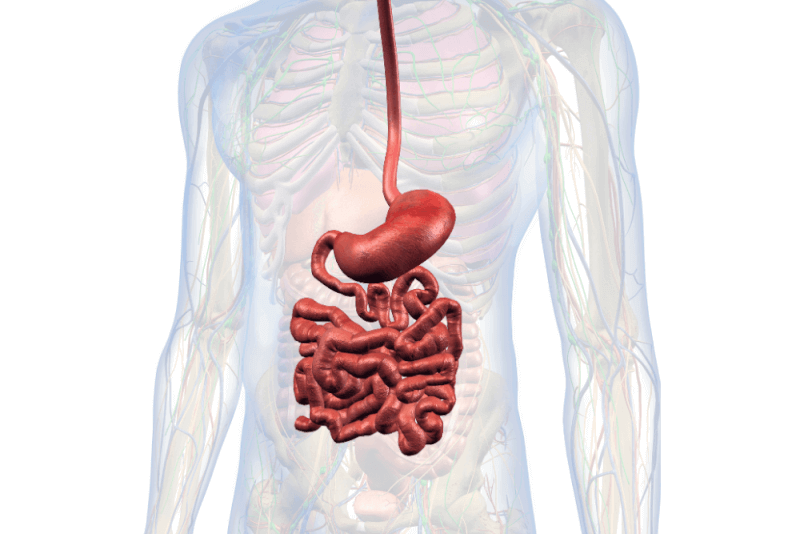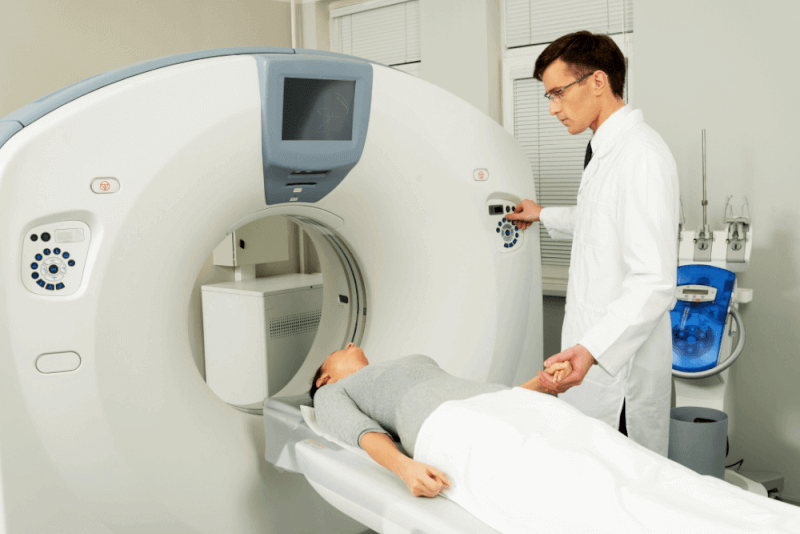What is a Femoral Hernia?
Inside the abdominal cavity, there are intestines and other internal organs. These organs are protected by the abdominal wall, which consists of four layers. The abdominal wall is made up of muscles, and weak spots can develop in the muscle layer. In this case, it causes the abdominal contents to be pushed towards the abdominal wall along with the inner layer. This development creates a bulge known as a hernia. A femoral hernia causes a bulge to form below the groin. It occurs in the opening in the abdominal wall where the femoral artery and vein pass from the abdomen to the leg.
Diagnosis Criteria for Femoral Hernia
A complete blood count, coagulation screening, and blood grouping tests should be performed on all patients presenting to the hospital with acute swelling in the groin. If strangulation is suspected, a venous blood gas evaluation should be performed. Additionally, an ultrasound scan can be performed to confirm the hernia. However, ultrasound scanning is applied based on the surgeon's preference. Another imaging method that can be used to confirm the presence of a femoral hernia is an intravenous contrast-enhanced CT scan of the abdomen and pelvis.
Causes of Femoral Hernia
The following factors may contribute to the occurrence of a femoral hernia:
- Lifting heavy objects
- Straining during bowel movements
- Obesity
- Persistent and severe coughing
- Vaginal childbirth
Symptoms of Femoral Hernia
In some patients, a femoral hernia may not cause any symptoms. When symptoms do appear, the following may occur:
- A visible bulge that may be painful during straining
- Sudden pain in the groin or thigh
- Abdominal pain
- Nausea
- Vomiting
Treatment Methods for Femoral Hernia
Sudden pain felt in the groin or thigh is caused by a piece of the intestine being trapped inside the hernia. This condition is known as an incarcerated hernia and requires urgent treatment. A femoral hernia is not a health issue that can heal on its own. Therefore, surgical methods are used in its treatment.
If there is no incarcerated hernia, the surgery for the patient can be scheduled at a later date. There are certain precautions that patients who are not immediately operated on should take during the period until surgery. These include:
- Increasing fiber intake and paying attention to fluid consumption to prevent constipation
- Losing excess weight
- Men who have difficulty urinating should consult a urologist
- Using proper techniques when lifting heavy objects
Femoral Hernia Surgery
Femoral hernia surgeries aim to prevent potential complications and allow patients to return to their normal activities. The only treatment for femoral hernia is surgery, which can be performed under various types of anesthesia. These operations usually take about 45 minutes.
To remove the hernia, surgeons make an incision directly over or slightly above the mass and then remove the hernia sac. To provide sufficient space for the femoral artery and vein, the femoral canal is narrowed using sutures or a synthetic mesh. The incision site is then closed, completing the surgery.
Complications of Femoral Hernia Surgery
Femoral hernia surgeries can lead to some serious complications. Some of these are general surgical complications, which include:
- Bleeding
- Infection
- Allergic reaction
- Venous thromboembolism
- Chest infection
Specific complications that may be seen in femoral hernia surgery include:
- Accumulation of blood or fluid under the wound
- Difficulty urinating
- Injury or narrowing of the femoral vein
- Nerve damage
- Injury to structures within the abdomen and inside the hernia
Recovery Process After Femoral Hernia Surgery
Patients can generally be discharged on the same day after femoral hernia surgery. In the first few days following surgery, patients should gradually increase their walking. The time it takes for patients to return to work varies between 2 to 4 weeks.
Engaging in regular exercise as soon as possible will help patients return to their normal activities. However, it is important to consult a doctor before starting any exercise. While a significant number of patients fully recover after femoral hernia surgery, in some cases, the hernia may recur.








